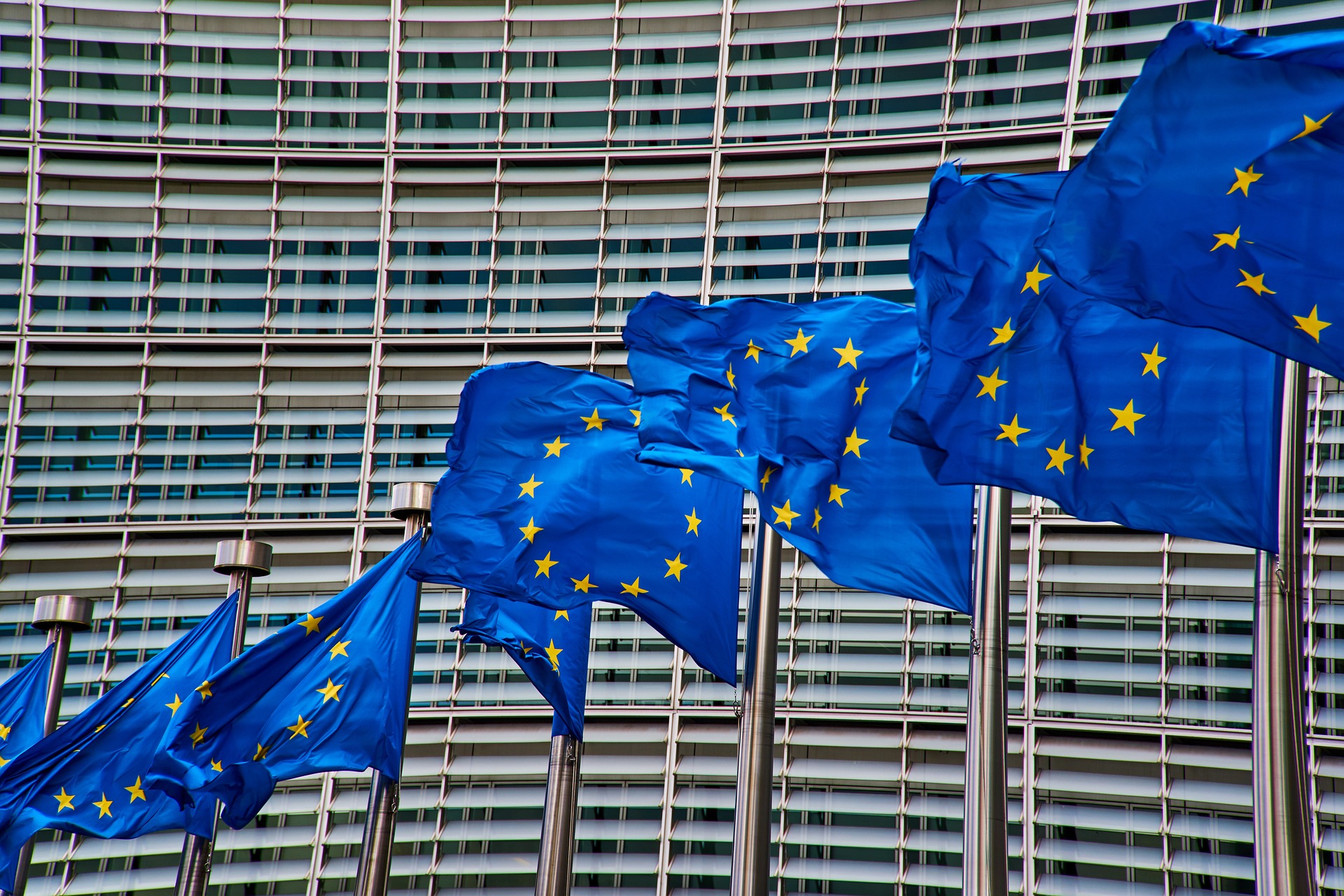
There is no talk of the European Commission withholding or freezing 22 billion euros in funds, a spokesman said.Continue reading
Confidence in the European Union (EU) has fallen in the Czech Republic. While 58 percent of Czechs had confidence in the EU last year, this spring it was down to 46 percent, according to a national survey by the academic CVVM polling institute. The massive 12 percent decline could be largely attributed to unpopular measures by the Petr Fiala government, such as supporting the EU’s controversial migrant quota proposal.
The last time support for the EU was this low in the Czech Republic, which joined the bloc in 2004, was in 2016. During the first decade after accession, the EU’s confidence index among Czechs hovered around 55 percent, with the lowest in 2016. At that time, only 37 percent of Czechs trusted the EU due to the economic and migrant crisis in Europe.
In the past, falling popularity figures were in the mainstream press casually attributed to anti-EU “propaganda” from certain politicians, yet rarely arrived at the conclusion that Brussels could be at fault with some of its policies, that sends ripples of genuine dissatisfaction through citizens of member-states.
The fall in the EU’s popularity in the Czech Republic could be explained to some extent by the European Commission’s economic measures and its migration pact proposal, which would either mean the relocation of tens of thousands of illegal migrants to member states less affected by the migrant crisis, or a financial compensation of some 20.000 Euros per migrant rejected. Although the above poll was conducted before the actual vote in June, the government in Prague had already signaled its intentions on the highly divisive matter.
Out of the four Visegrad 4 countries only Czechia had signed the controversial proposal, while Hungary and Poland were against, with Slovakia abstaining.
The CVVM poll, however, does not show just how Eurosceptic Czechia is becoming. After the Slovaks (32%), the Czech’s are the second most Eurosceptic nation in the EU, with only 33 percent of them having a positive impression of the bloc, shows the latest Eurobarometer poll. Furthermore, the only benefit of the EU that the majority of Czechs agree on is free travel, while only 27 percent of them associate the European Union with democracy.
Prime Minister Petr Fiala’s movement, ODS, that with its coalition partners had won the elections in 2021 with 27.8 percent, now trails at only 14 percent, while his former coalition parties are below the parliamentary threshold of 5 percent.

According to the survey, less the a third of Czech’s would give such a warm welcome to Ursula von der Leyen (R). Photo: Facebook Petr Fiala
However, the bad news as far as the Czech’s trust in international institutions is concerned continues.
Confidence in NATO and the United Nations (UN) also fell by 11 percent compared to last year, to 56 percent and 52 percent respectively.
Fifty percent of Czech citizens surveyed said they did not trust the EU. As much as 36 per cent and 37 per cent of respondents respectively have no confidence in NATO and the UN.
Only 38 percent of Czechs have confidence in the European Commission and 36 percent in the European Parliament. Ursula von der Leyen, President of the European Commission, is trusted by a mere 31% of Czechs, Charles Michel, President of the European Council, by 24% and Josep Borell, EU Commissioner for Foreign Affairs, by 23%.
Featured Image: Facebook Kancelář prezidenta republiky